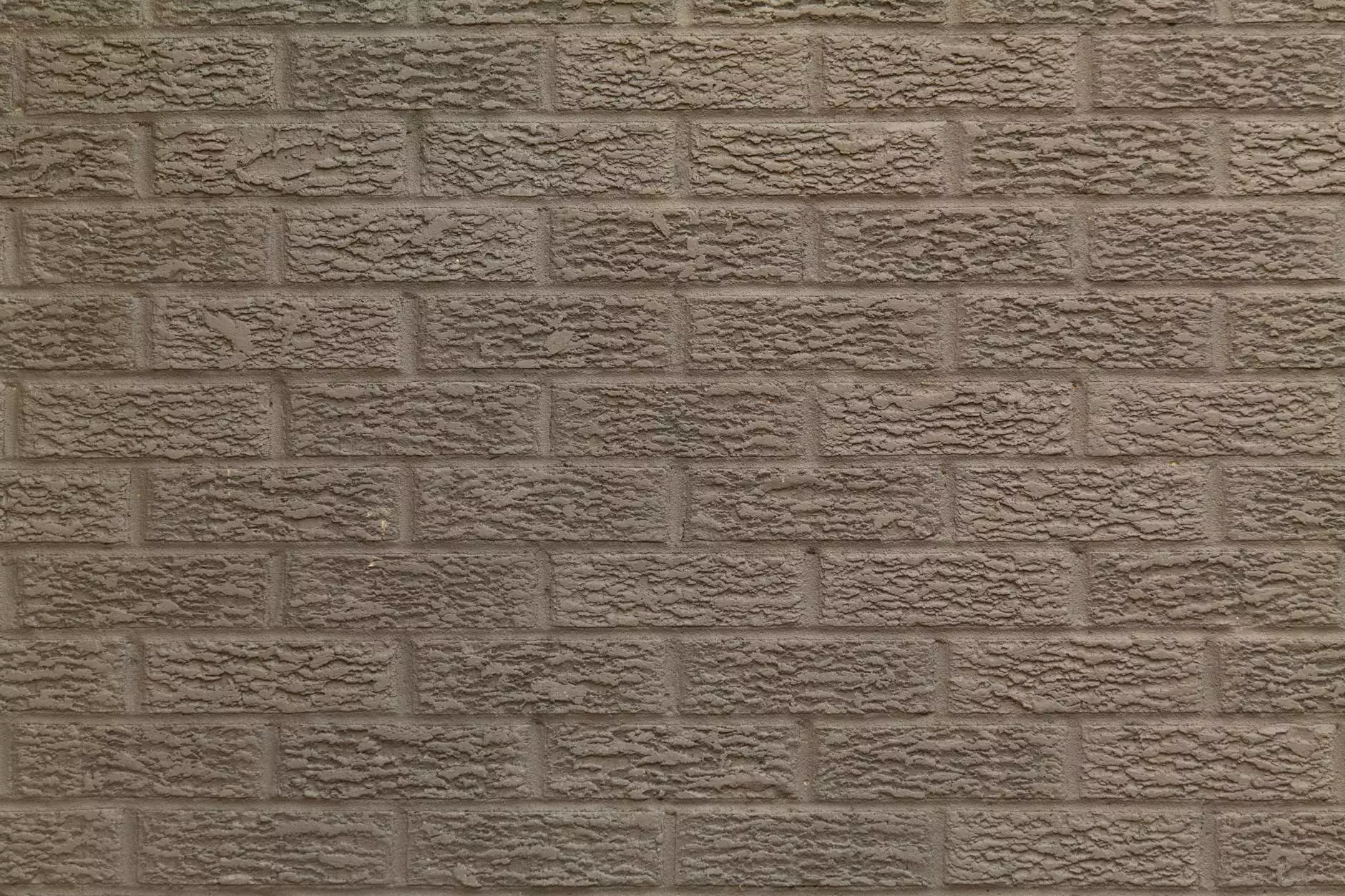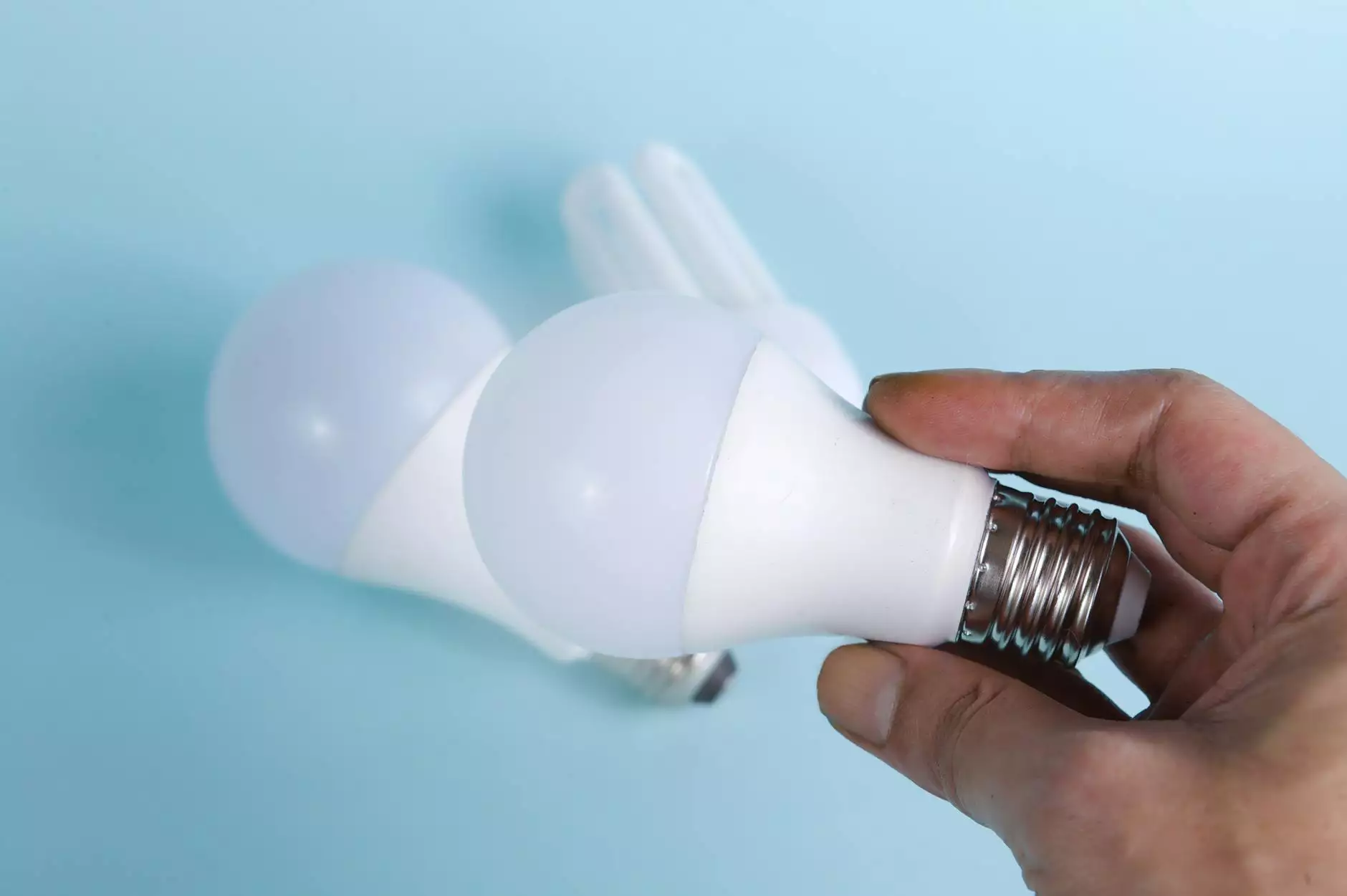Understanding Tooth Veneer Glue: A Comprehensive Guide

The Evolution of Dental Aesthetics
The pursuit of the perfect smile has driven advancements in dentistry over the years. Tooth veneers have become a popular solution for achieving a naturally beautiful appearance. At the forefront of this innovation is tooth veneer glue, a critical material that ensures the longevity and cosmetic appeal of veneers.
What Are Tooth Veneers?
Tooth veneers are thin shells made of porcelain or composite resin that are custom-made to fit over the front surface of teeth. They are used to correct a variety of dental issues, including:
- Discolored teeth
- Chipped or worn teeth
- Misaligned or uneven teeth
- Gaps between teeth
Veneers offer a *non-invasive* method to enhance the aesthetics of a person’s smile, providing a natural-looking solution for dental imperfections.
Importance of Tooth Veneer Glue
The adhesive used to bond veneers to teeth is known as tooth veneer glue. This specialized glue plays a crucial role in dental procedures, ensuring that veneers remain securely attached while providing the necessary aesthetic qualities.
Characteristics of High-Quality Tooth Veneer Glue
When choosing tooth veneer glue, several characteristics are essential for ensuring optimal performance:
- Bond Strength: The glue must create a strong bond between the veneer and tooth to prevent detachment.
- Durability: It should withstand daily wear and tear from chewing and other oral activities.
- Aesthetic Compatibility: The glue should not affect the appearance of the veneer, ensuring a transparent finish.
- Easy Application: Dentists need adhesives that can be easily applied and cured under light for a quick and efficient procedure.
- Biocompatibility: The materials used must be safe for the dental environment and not cause any adverse reactions.
Application Process of Tooth Veneer Glue
The application of tooth veneer glue is a delicate process that requires precision. Here’s an overview of the steps involved:
1. Consultation and Planning
Before any application, a comprehensive dental assessment is performed. This includes discussing the patient's aesthetic goals and determining the suitability of veneers.
2. Tooth Preparation
The dentist prepares the tooth by removing a thin layer of enamel. This process is crucial as it creates a rough surface that allows the tooth veneer glue to adhere better.
3. Shade Matching
Using a shade guide, the dentist selects the veneer color that best matches the patient's natural teeth to ensure a seamless appearance.
4. Application of Adhesive
The tooth veneer glue is applied to the prepared tooth surface. The dentist carefully positions the veneer and applies light pressure to ensure proper contact.
5. Curing the Adhesive
A curing light is used to harden the adhesive, creating a strong bond between the veneer and the tooth. This step is crucial for the durability of the attachment.
6. Final Adjustments
Once the glue is cured, the dentist makes any necessary adjustments to the veneer for optimal fit, function, and aesthetics.
Benefits of Tooth Veneer Glue
The use of high-quality tooth veneer glue offers numerous advantages, transforming not just smiles but overall confidence. Here are some of the most notable benefits:
- Enhanced Aesthetics: Veneers create a vibrant, natural-looking smile.
- Minimally Invasive: The preparation of the tooth for veneers is less invasive compared to crowns.
- Stain Resistance: Porcelain veneers are resistant to staining, maintaining their beauty over time.
- Improved Confidence: A beautiful smile can significantly boost self-esteem.
- Long-lasting Results: With proper care, veneers can last for many years, making them a worthwhile investment.
Comparing Tooth Veneer Glue Options
Not all tooth veneer glue is created equal. Various types of adhesive materials are available, each catering to different needs and preferences:
1. Resin Cement
Resin cement is one of the most commonly used adhesives. It provides excellent bond strength and is available in various shades for aesthetic compatibility.
2. Glass Ionomer Cement
This type of cement releases fluoride, providing additional protection to the tooth. It is often used in situations where moisture control is challenging.
3. Dual-Cure Adhesives
These adhesives provide the option of both chemical and light curing, making them versatile for various clinical situations.
4. Self-Adhesive Resin Cement
This is a user-friendly option that does not require a separate bonding agent, streamlining the application process for dentists.
When choosing a type of tooth veneer glue, it's imperative to consult with a dental professional who can recommend the most suitable type based on individual cases.
Post-Care for Dental Veneers
- Good Oral Hygiene: Regular brushing and flossing are essential to prevent decay and gum disease.
- Avoid Hard Foods: Be cautious with foods that can chip or crack veneers.
- Regular Dental Check-Ups: Schedule routine visits to monitor the condition of your veneers and oral health.
- Limit Staining Foods and Drinks: Items like coffee, tea, and red wine can affect the appearance of your veneers over time.
- Wear a Mouthguard: If you grind your teeth or participate in contact sports, a mouthguard can protect your veneers from damage.
Choosing MVDental Specialists for Your Veneers
MVDental Specialists, based in the UK, offers expert services in the application of tooth veneer glue. Their commitment to dental excellence ensures that patients receive the highest standard of care during their cosmetic procedures. Here are some reasons to choose MVDental Specialists:
- Experienced Dentists: The team comprises skilled professionals with extensive experience in cosmetic dentistry.
- Patient-Centric Approach: They prioritize patient comfort and satisfaction, offering personalized treatment plans.
- State-of-the-Art Technology: MVDental Specialists utilize the latest dental technology to ensure precise and effective procedures.
- Comprehensive Care: They provide a range of services, from dental examinations to advanced cosmetic treatments.
Conclusion
Tooth veneer glue plays an integral role in modern dentistry, contributing to the aesthetic transformation that veneers provide. By utilizing advanced adhesive materials, dental professionals can create beautiful, lasting smiles that enhance both appearance and confidence. For those considering cosmetic changes to their teeth, MVDental Specialists is the place to start, offering unparalleled expertise and care.









